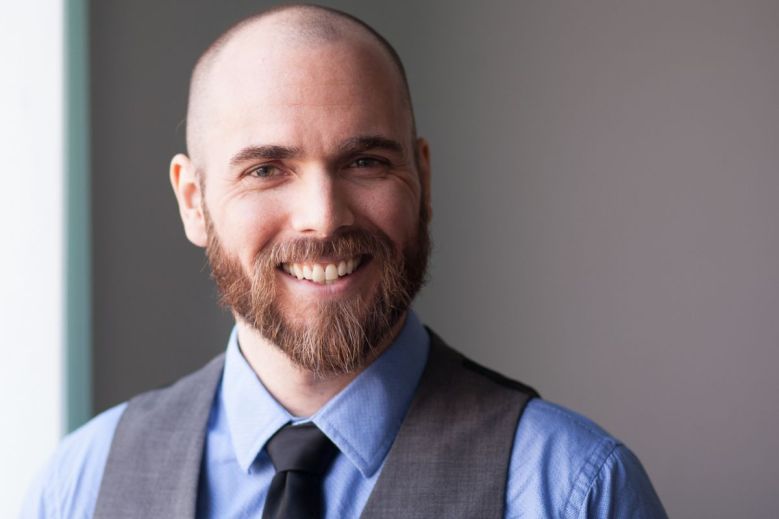
Tag "international faculty"

This issue is once again devoted to teaching. What is the procedure for writing a course syllabus at HSE? What is the LMS? What is teachers’ election? These and other questions will be answered here. We give some advice on how to write a course syllabus.
HSE Associate Professor Sarah Busse Spencer held a research seminar for lecturers at HSE’s Perm campus.
Sociologists have developed a variety of theories and empirical research on social movements that are closely connected with democracy. Why do people join and stay in social movements? What happens to them when participants achieve their goals? Benjamin Lind, Assistant Professor at the Faculty of Sociology and author of the course 'History of Social Movements', explained what makes the subject relevant nowadays and shared his own experience with social movements in an interview for the HSE news service.
Sociologists have developed a variety of theories and empirical research on social movements that are closely connected with democracy. Why do people join and stay in social movements? What happens to them when participants achieve their goals? Benjamin Lind, Assistant Professor at the Faculty of Sociology and author of the course 'History of Social Movements', explained what makes the subject relevant nowadays and shared his own experience with social movements in an interview for the HSE news service.
The issue explores the tenure track system at HSE. How does it function in our university? What are the requirements for interim and final reviews? The editors spoke to Vice Rector Konstantin Sonin and the Director of the Centre for Advanced Studies, Martin Gilman to find out. Additionally, The HSE LooK talked to international participants of the XV International April Conference and they kindly shared their impressions from this big academic event.
The HSE was one of the first Russian universities that adopted the tenure track system, well-known in western universities. Vice Rector Konstantin Sonin and Martin Gilman, Director of the Centre for Advanced Studies, cast some light on how this system functions at the HSE in the April issue of the HSE Look.
Corruption is a burning issue in Russia that won’t go away. What is the general attitude to corruption in Russia and other countries, and why does it draw so much public attention? How should we study this phenomenon? Lili Di Puppo, Associate Professor at the HSE Faculty of Sociology, author of the course ‘The Sociology of Corruption’ talked to the HSE news service, to help shed some light on the matter.
Ronald Inglehart, Academic Supervisor at the HSE Laboratory of Comparative Social Research in St. Petersburg, has been affiliated with the HSE for several years now. He shared some of his impressions of the XV April International Academic Conference on Economic and Social Development and findings of the 4th LCSR International Workshop, which was part of the event.
The HSE will study Russia’s economic history together with colleagues from the New Economic School (NES). The project with Skolkovo will address problems of law and social development in the contemporary world. International researchers will be involved in both laboratories.
